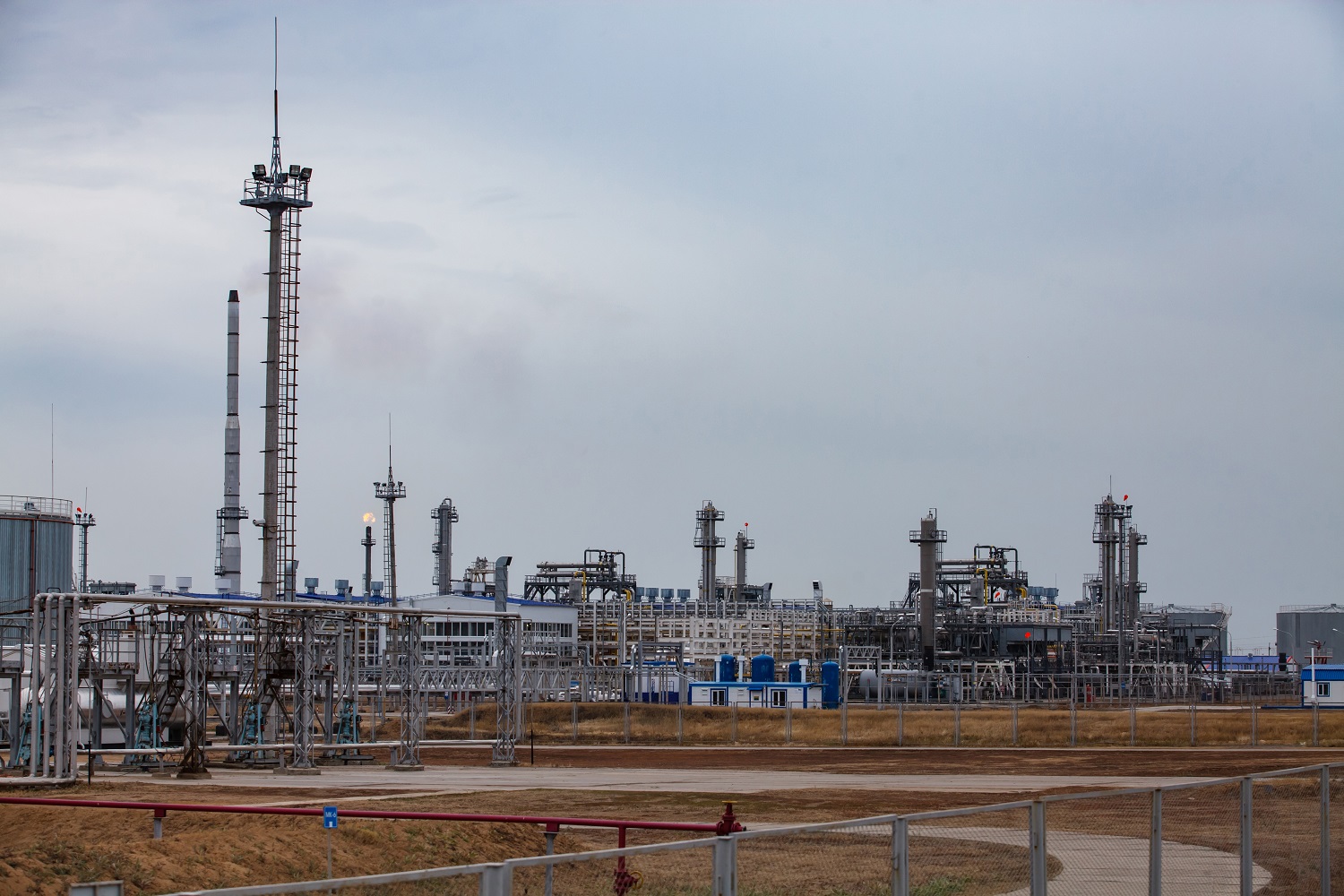An action-research case study of the extractive industry
Two giant oil and gas fields in Kazakhstan that major European oil companies have invested in are high cost projects with few public benefits, a comprehensive new report from Publish What You Pay (PWYP) members and coalitions in three countries has found. Local communities say their health and the local environment have suffered. Public access to information is poor, and the projects have delivered few if any visible economic gains.
Transparency, participation and accountability in Kazakhstan: an action-research case study of the extractive industry, researched and written by Echo and Civil Expertise (PWYP members in Kazakhstan), PCQVP France/Oxfam France and PWYP UK, and co-published with the PWYP Secretariat, focuses on two costly oil and gas projects where European companies have significant stakes: Karachaganak, jointly operated by Royal Dutch Shell (Netherlands/UK) and Eni (Italy); and Kashagan, operated by the North Caspian Operating Company (NCOC) and involving Total (France) as a joint venture partner alongside subsidiaries of Shell, Eni and others.
Based on 18 months’ research, analysis, inquiries to government, and dialogue with companies and citizens, the report concludes that Karachaganak and Kashagan have so far yielded few economic benefits to the country while at times impacting negatively on the environment, local communities and the personal security of industry critics. The report questions the viability of costly oil and gas operations at a time of falling global demand, Covid-19 and the urgent need for an equitable low-carbon energy transition.
Download the executive summary here.
Download the full report here.
This report and summary are also available in Russian and French.











